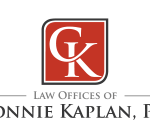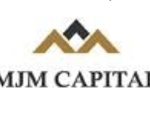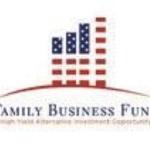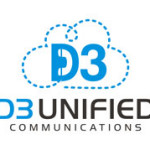Raise Up to $5 million from Non-Accredited Investors Under New Rule 504!
On October 26, 2016, the Securities and Exchange Commission adopted a final rule that amends existing Rule 504 under Regulation D of the Securities Act of 1933. This amendment went into effect quietly on January 20, 2016, but it could potentially have a huge impact on many startups’ access to investor capital.
Old Rule 504 under Regulation D
Simply put, old Rule 504 allowed companies to raise up to $1 million in a 12-month period from investors regardless of whether they were accredited or not. However, no general solicitation was allowed, meaning that investors had to have a pre-existing relationship to the company. The only exception to this restriction was that general solicitation was allowed if the company did a state level registration, which is a time consuming and costly process similar to a federal registration.
Old Rule 504 was useful, however, to some startups for conducting what is often referred to as a “friends and family” offering. In addition, small real estate projects could rely on Rule 504 as well provided these funds had their own stable of investors, because general solicitation was not allowed.
Ultimately, despite the fact that Rule 504 allowed companies to raise capital from non-accredited investors, the restriction to $1 million in a 12-month period was typically overly restrictive for most startups’ needs. Fortunately, Rule 506(b) and Rule 506(c) are available as alternatives. (See my recent blog for more on Rule 506.)
New Rule 504
Now, effective January 20, 2017, the new Rule 504 allows companies to raise up to $5 million in a 12-month period! This is great news for many startups and real estate funds. Below are the basic elements of the new rule:
- Rule 504 of Regulation D provides an exemption from registration under the Securities Act of 1933 for the offer and sale of up to $5,000,000 of securities in a 12-month period.
- The following companies are not eligible to use the Rule 504 exemption:
-
- companies that already are Exchange Act reporting companies;
- investment companies;
- companies that have no specific business plan or have indicated their business plan is to engage in a merger or acquisition with an unidentified company or companies; and
- companies that are disqualified under Rule 504’s “bad actor” disqualification provisions.
- A company conducting an offering under Rule 504 is required to file a notice with the SEC on Form D within 15 days after the first sale of securities in the offering.
- In general, issuers relying on Rule 504 may not use general solicitation or advertising to market the securities and purchasers will receive restricted securities.
- Issuers must comply with state securities laws and regulations in the states in which securities are offered or sold. Each state’s securities laws have their own registration requirements and exemptions to registration requirements.
If you have any questions on new Rule 504, Rule 506(b), Rule 506(c), or any aspects of Regulation D or investor crowdfunding, please do not hesitate to contact us for a free consultation.


















